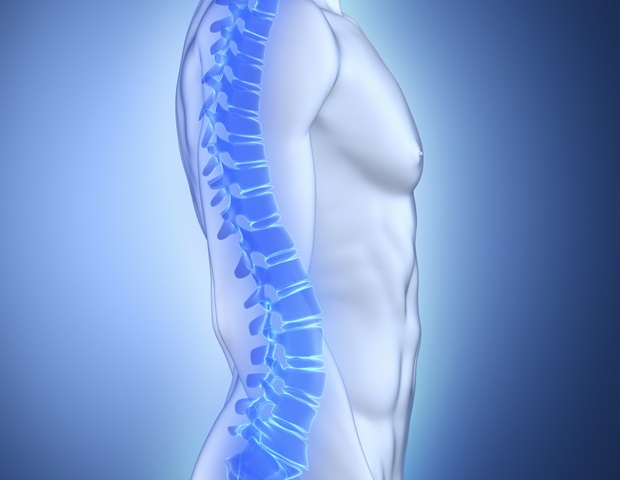Reviewers’ Notes

Study opens the door to new treatments for bone regeneration and osteoporosis
A new study of the PhyloBone project of the University of Turku, Finland, identifies hundreds of non-collagenous proteins in the bone matrix that may play regulatory roles in bone formation and regeneration. The study opens the door to new treatments and preventive measures for bone regeneration and osteoporosis research.
Osteoporosis is one of the most common bone problems in the elderly population worldwide. Approximately 9 million fractures per year — on average, one every three seconds — are caused by osteoporosis, which contributes significantly to morbidity and mortality rates in developed countries. Given that life expectancy is increasing globally, osteoporosis has become an emerging topic, as it significantly affects the quality of life of individuals in most countries.
"Our PhyloBone project utilizes a novel approach, based on evolutionary biology principles, to study bone formation, that will substantially contribute to the identification of molecular mechanisms and novel drug targets", says Dr. Pere Puigbò, co-principal investigator of the PhyloBone project.
Since the bone matrix, which forms most of the mass of the bone, plays both structural and regulatory roles, non-collagenous organic components have a key function in bone regulation. It is known for example that few non-collagenous proteins, such as osteopontin, play a major role in bone formation. However, the bone matrix is composed of hundreds of proteins that are poorly understood and may play a major regulatory role in bone regeneration and osteoporosis.
"Our project has identified 255 proteins in 30 species of vertebrates. The goal of the project is to serve as a valuable resource for further investigations in the areas of bone regeneration, osteoporosis, and related fields", says Dr. Puigbò.
The PhyloBone project's database has been published in the journal Bone Research. This project, funded by the Sigrid Jusélius Foundation and the Japan Society for the Promotion of Science, provides the most comprehensive resource of bone matrix proteins in human and model organisms, and will have an impact in research fields such as bone regeneration, osteoporosis, and mechanobiology.
"Our study indicates that several non-collagenous proteins are determinants to regulate bone formation and regeneration", says Dr. Miho Nakamura, co-principal investigator of the PhyloBone project.
"In future developments of the project, we expect to have experimental evidence on the regulatory role of several bone proteins in bone regeneration and osteoporosis", Dr. Nakamura adds.
University of Turku
Posted in: Medical Science News | Medical Research News | Medical Condition News
Tags: Bone, Evolution, Life Expectancy, Mechanobiology, Model Organisms, Mortality, Osteopontin, Osteoporosis, Research